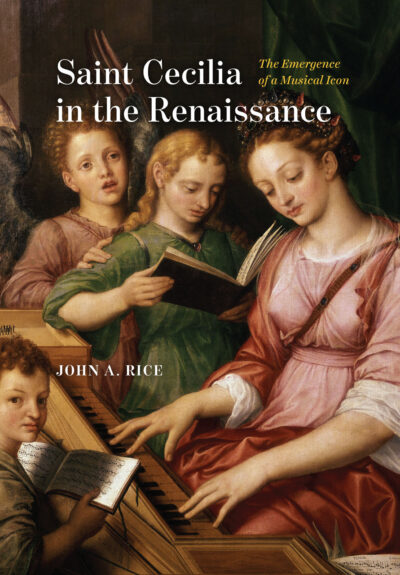Non-Fiction
Related: About this forumUse of "sprang up."
Should I use the verb "arose" or the verb phrase "came into being" instead?
Here is my sentence:
"The cult of St. Cecilia, the patron saint of music, sprang up in Rome around the time of the founding the Church."
Is "originated" better?
riverbendviewgal
(4,334 posts)...
UpInArms
(51,959 posts)FalloutShelter
(12,949 posts)Timewas
(2,351 posts)To me denotes sudden.....If that is the intent then go with it.Appeared suddenly? Otherwise "came into existence" maybe.
CTyankee
(65,482 posts)verb "sprang up" but was unsure if "sprang," while correct, didn't sound a bit odd.
sanatanadharma
(4,074 posts)"arose" for the sound before the sound Rome in the sentence.
Speak the sentence aloud for each choice and chose the best sounding.
royable
(1,380 posts)Was it sudden? Did it grow or evolve from prior belief systems? Coalesced. Formed. Matured. Was born. Hatched. Came of age. Jelled. Evolved. Condensed. Materialized. Entered the scene. Germinated. And more possibilities, depending on the nature of its origins.
CTyankee
(65,482 posts)Last edited Mon Jun 12, 2023, 04:34 PM - Edit history (1)
There was a saint Cecelia and she was tortured rather grossly and died for her faith in God in ancient Rome. She became the Saint of music because she sang to the Lord as she was dying. In fact, the song "Oh, Cecelia" refers to her (Paul Simon?), my research tells me.
So artists loved to paint her. Usually she has an instrument in her hand, a lyre usually, but also a lute or some sort of keyboard (Rubens, in full flair with little adorable putti as usual, which I just love).
royable
(1,380 posts)If origins are unknown perhaps something more mysterious like “materialized” might be appropriate. Arose and sprang up would work as well as you were originally pondering. I was just aiming at some of the immense variety of English words we have with different shades of meaning and implications.
CTyankee
(65,482 posts)my book. It was, iirc, quite lovely.
sinkingfeeling
(53,495 posts)RainCaster
(11,771 posts)I assume that there is more context around this one sentence that talks about the particular church.
You have several good suggestions on how to begin that sentence.
CTyankee
(65,482 posts)I am overthinking this as usual. Maybe I should just stick to my original. I tend to fret.
RainCaster
(11,771 posts)It would be better understood by those without a deep history in the church.
CTyankee
(65,482 posts)but also one of our newest artists Kehinde Wiley who has done an outstanding portrait of Cecilia (you'll recall that his was the marvelous painting of President Obama surrounded by flowers, now in the National Portrait Gallery).
pscot
(21,043 posts)Gods generally manifest
Donkees
(32,527 posts)Saint Cecilia in the Renaissance: The Emergence of a Musical Icon by John A. Rice. University of Chicago Press, 2022. 384 pages.
Despite her Roman origins, the musicians’ cult of St. Cecilia spread from Northern Europe to Italy only in the late 16th century. Rice devotes the last portion of his book to her popularity in Rome, which culminated in a 12-voice Mass for St. Cecilia by Palestrina and his colleagues.
Rice has identified the key factor that elevated St. Cecilia from a musician to the patron of music: her popularity in the confraternity culture of the Low Countries. Confraternities and guilds of musicians, seeing St. Cecilia portrayed with an organ, chose her as the patron saint of their organizations in the 16th century. Singers in many Flemish cities were awarded gifts of money, wine, and food on her feast day, November 22. The musicians themselves celebrated with a banquet, and two cities in northern France even held musical competitions for the occasion. Rice suggests that St. Cecilia’s popularity had as much if not more to do with the musicians’ desire to celebrate their own craft and receive gifts than with honoring the saint.
https://www.earlymusicamerica.org/web-articles/virgin-martyr-to-musician-cecilia-as-patron-saint/
